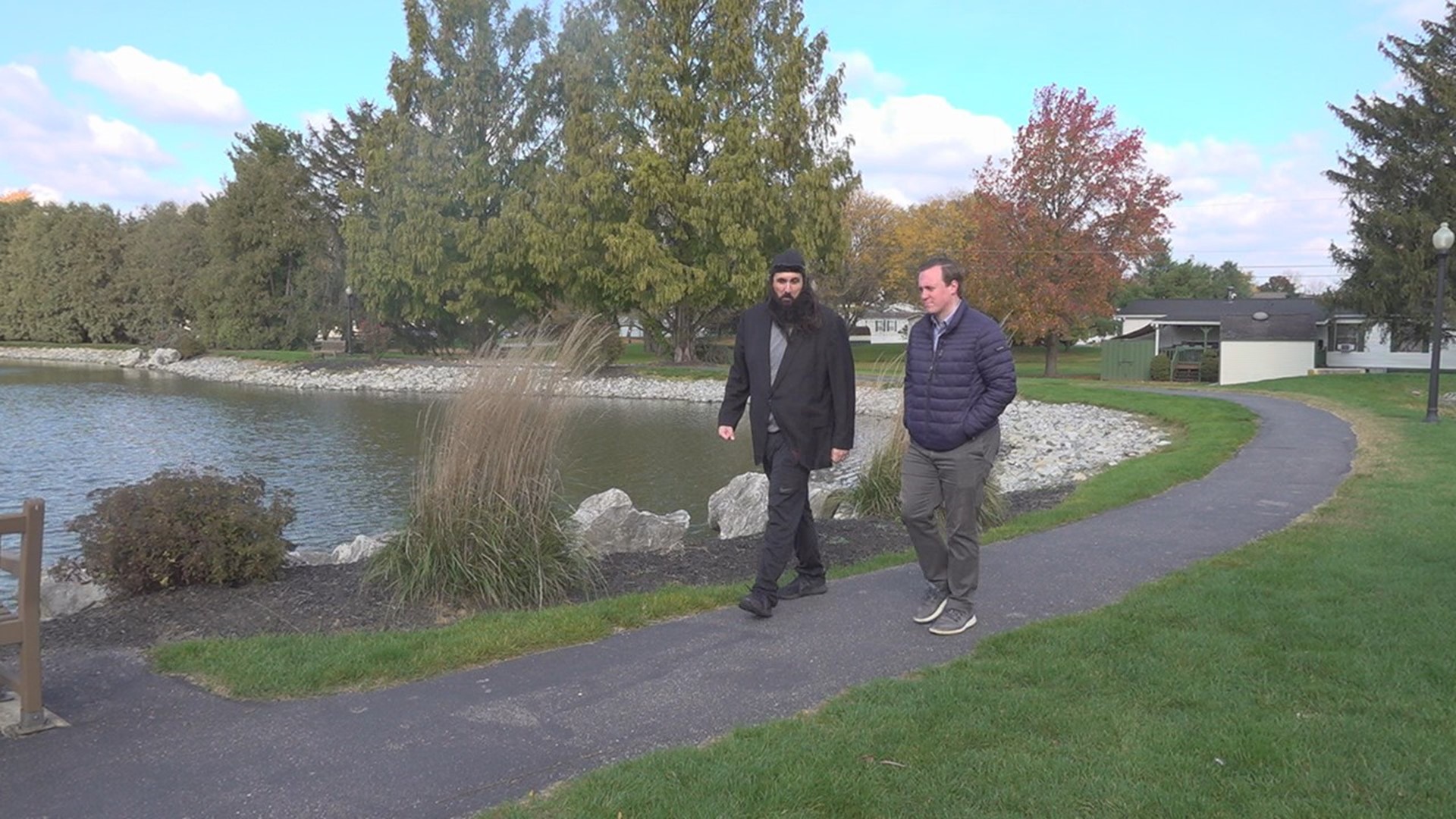LANCASTER COUNTY, Pa. — Substance abuse and homelessness often go hand in hand. The National Coalition for the Homeless reports roughly 55% of unhoused individuals are alcohol dependent, while 25% report using harmful substances.
That was once Lancaster native Chris Dreisbach's reality. He's the CEO of Blueprints for Addiction Recovery in Lancaster County.
"Folks who are struggling with substance use disorder are definitely at higher risk of being unhoused," Dreisbach said.
Dreisbach remembers what it’s like to go without, speaking to FOX43 while walking through a park, not unlike the ones he used to sleep in. He said substance use led him there.
"I was addicted to heroin," Dreisbach recalled. "I’d kind of burned through all the people I had and burned through all the people that loved me. Eventually, I had nowhere left to go, I had no more couches to sleep on. I ended up sleeping in parks."
Curling up on benches out in the elements, Dreisbach’s journey was far from over.
Though he’d stumble into trouble with the law, he’d soon be given the chance he says everyone deserves.
"My personal story included a ton of struggle with substance use disorder that led me to being unhoused, that led me to prison, that led me to treatment, that led me to all of the social services over and over again, but so many people don’t have that opportunity," Dreisbach said.
In the more than a decade since he was on the streets, Dreisbach has turned his life around in a big way.
He’s now a successful businessman and a board member for the Lancaster County Food Hub. He also works with the Lancaster County Homelessness Coalition on solutions.
"I don’t think there’s any blanket approach where we can just toss it over homelessness and say this will fix everything," he said. "I don’t believe that exists. It’s going to have to be a widespread, kind of mass scale, individualized approach to helping them."
Dreisbach shares his story in the hopes you’ll remember this simple message the next time you see someone out in the cold.
"They are just people," he said. "They are people that have a different set of circumstances than we do. If we are blessed in the way that I’ve been blessed, it’s so important for us to reach out, treat them like humans, and offer whatever help we can."

